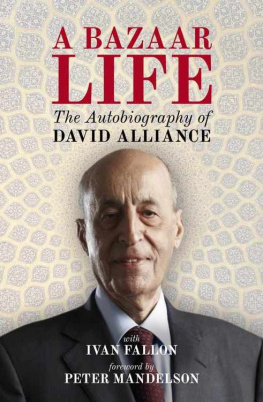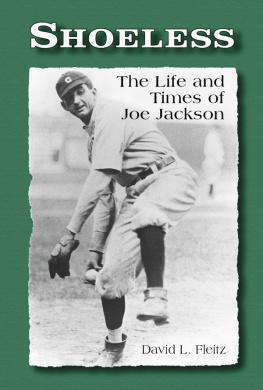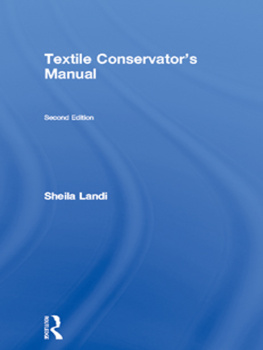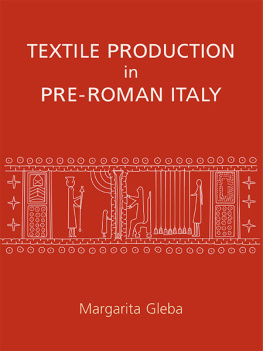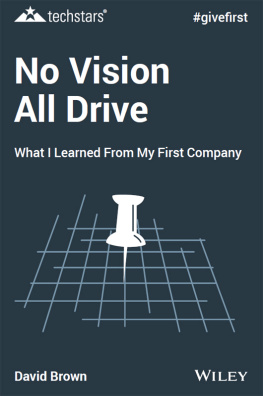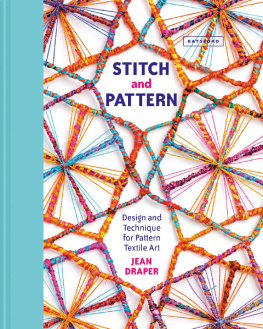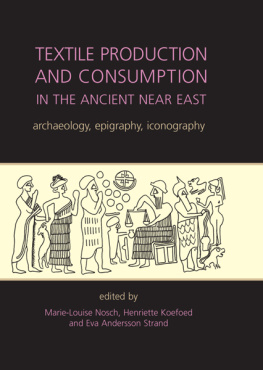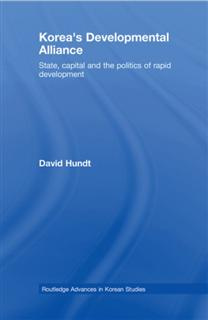FOREWORD
I N 1950 AN eighteen-year-old boy from a small town in the centre of Iran, with just 14 in his pocket, found his way to Manchester and took over almost an entire industry. David Alliance started his career in the bazaars of his native Iran, where his Jewish ancestors had dealt in textiles for generations. Textiles, and trading, were in his blood and within six years of arriving in Britain he had bought his first mill, and five years after that he was a millionaire. One by one the great iconic names of Lancashire cotton, that proud and historic industry, fell to him, often through stratagems and takeover tactics which were, to put it mildly, unorthodox. By the 1990s, and by then dubbed King Cotton by the financial press, the soon-to-be Lord Alliance of Manchester, CBE had built one of the biggest textile businesses in the world. And, to crown it all, the world-renowned Manchester Business School is to be renamed the Alliance MBS in 2015, a fitting tribute to the man who has put back so much into the city which took him to its heart all those years ago.
The personal story is engrossing but the most remarkable aspect of the Alliance life history is that all of this was achieved against the background of an industry in terminal decline. Through the Alliance story, as he tells it, we can get a unique insight into the transformation of Britain itself and how the UK economy managed (or more accurately mismanaged) its way to losing so much of its industrial base. The Industrial Revolution, which changed the course of world history, began in Lancashire and by Victorian times its dark satanic mills employed nearly a million workers producing half the worlds textiles.
By the time David Alliance came along it was already on the way down, with old-fashioned machinery that could not compete with cheap, subsidised imports from countries which could employ twenty workers for our one. But where others saw a sunset industry, David Alliance saw opportunity, and for a glorious period in the 1970s and 1980s he seemed to have turned back the tide, basically through his ingenuity, hard work and sheer determination. Alas, even that was not enough and when Marks & Spencer eventually abandoned its British suppliers for foreign competitors, the game was up. A whole industry, Britains first and greatest, has virtually died in David Alliances working lifetime and his personal history illuminates why and how this happened.
But the story does not end there. The pendulum is swinging back as costs in China and other countries rise and British manufacturers, and others in Europe, turn their hands to more specialised goods. It is a fascinating lesson, therefore, not just about the past but about how we can earn our way in the global economy of the future. The British car industry, written off along with many other great manufacturing sectors in the Thatcher years, is similarly reinventing itself. David Alliances contribution to this renaissance is a parable of our times.
Thats why this book is about much more than the Lancashire cotton industry and the fascinating human story of a boy, taken out of school when he was only thirteen, but probably gaining a better preparation for life in the local bazaars than could be achieved in Harvard. As he never lost his links with the country of his birth, he also offers precious insights into his beloved Iran and how, although its pre-eminence has brought great instability to its neighbours, it is now being viewed increasingly as part of the solution to the regions tribulations. The Wests policies towards Iran since the last world war have not been a textbook example of how to deal with such a proud and powerful nation. The mess that the Middle East has deteriorated into owes as much to poor judgement and decision-making in the West as it does to its home-grown sectarian strife and machinations. David Alliances close account of the Wests involvement in the late Shahs fall illustrates this well. It puts into perspective the two Gulf Wars, plus Afghanistan and now Syria and ISIS and the fracturing of Iraq not to mention 9/11 that we have seen since this momentous event.
But perhaps the single most gripping episode in David Alliances life is his role in the successful Israeli operations to airlift the Jews out of Ethiopia. Facing down dictators, as he did with the sinister President Mengistu, with rebels closing in on Addis Ababa, is not what is normally expected of your common-or-garden Manchester businessman, with or without the strength of Israels military forces to support you. But he did it, and many Ethiopian Jews now living in Israel owe David Alliance more than they realise.
Another episode to which he brings unique personal insight is the infamous Guinness affair, the unfairness of which still deeply rankles in the Jewish and non-Jewish community today. David escaped involvement, but only narrowly, and some of his friends, all Jews, were made the scapegoats and sent to jail. A senior member of Margaret Thatchers Cabinet is said to have warned a Tory businessman to stay clear of Guinness because were going to go for the Jews. The plot to push up Guinness shares in the closing days of the bid for Distillers was orchestrated by leading City figures who were allowed to go free, showing once again how the British establishment can protect its own. David Alliance strongly believes there should be, even after all this time, a government inquiry into the scandal, which would show the true nature of the cover-up. And I believe he is right to press for one.
The central message of this book, however, is none of these things, fascinating as they are. In his eighty-odd years, David Alliance has accumulated a wealth of wisdom and experience and distilled them into a set of basic principles which run right through this narrative. Anyone who wants to learn how to handle success and deal with failure could do a lot worse than read the final chapter of this book. It should be a bible for all aspiring entrepreneurs.
The Alliance maxim is that you can achieve your goals if you put your heart and soul into it. He has certainly put his heart into his own life and career and bares his soul in this memoir in ways that will fascinate readers, including all those who, previously, had never heard of David Alliance.
It is a great read.
Peter Mandelson, London, 2015
PREFACE
T HIS IS THE tale of a boy proud of being born into a Jewish family in Kashan, in the centre of what was then Persia. More specifically it is the story of a long and eventful life, seventy years of it in business, and the lessons I have picked up along the way. I have lived in interesting and prosperous times and made a decent living in a country which adopted me seamlessly and where I was accepted into the highest circles of politics, the City and business. My greatest glory was to be awarded with membership of the Upper House in the Mother of Parliaments, an impossible dream for the eighteen-year-old immigrant who first turned up on Britains shores in 1950.
In relating my personal history I hope to pass on some thoughts and observations which may help to guide and even inspire a new generation of entrepreneurs seeking to succeed in conditions that are less raw than the ones in which I learned my trade. If just one person finds some useful guidance in the stories I relate, this book will have served its purpose. But I hope it may also capture and hold the attention of those interested in a life which has had its highs and lows but has never lacked excitement not least for me.

